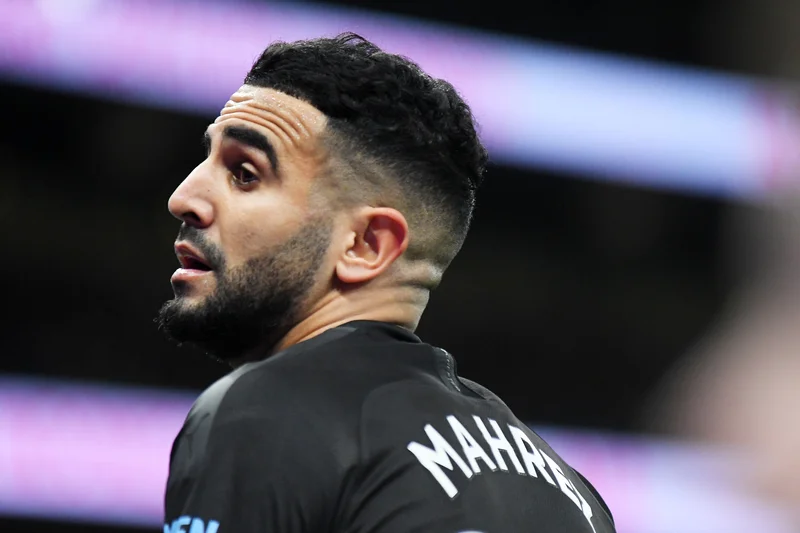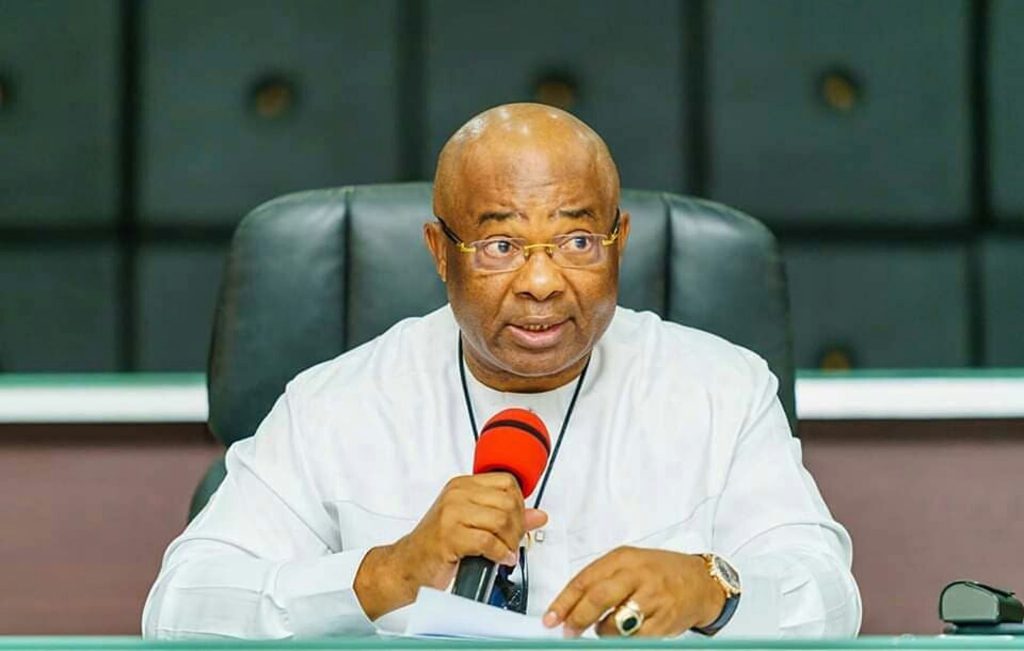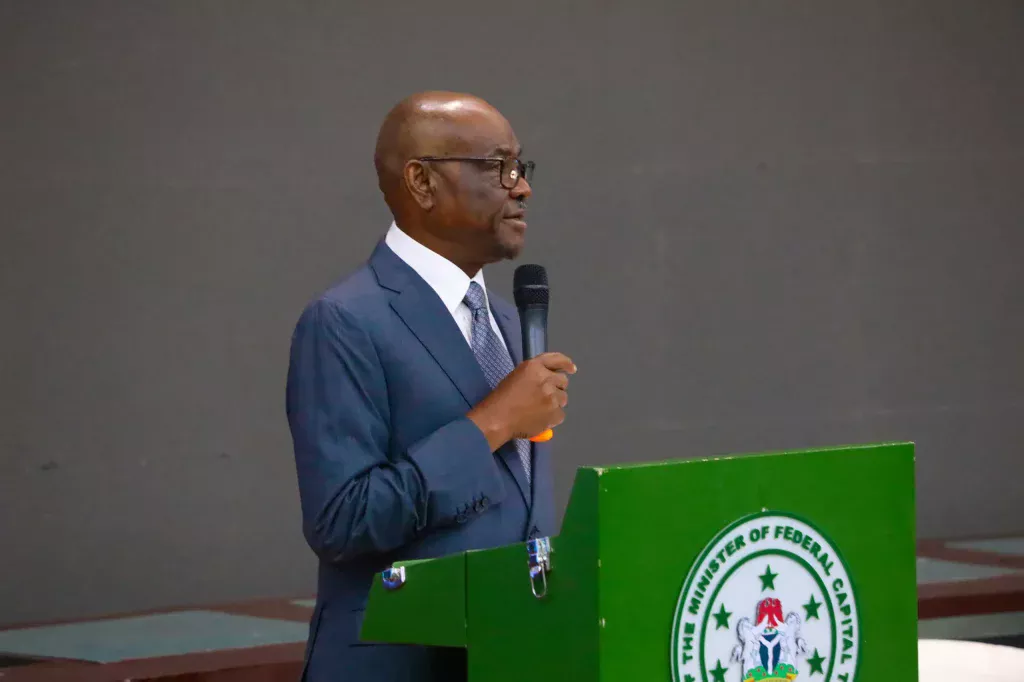South Africa’s President Ramaphosa Rejects Claims of White Genocide in Meeting with Trump
In a significant diplomatic encounter, South African President Cyril Ramaphosa met with United States President Donald Trump at the Oval Office in Washington D.C. to discuss a range of issues, including the contentious topic of alleged white genocide in South Africa. President Ramaphosa firmly rejected these claims, emphasizing the country’s commitment to democratic principles and freedom of expression for all citizens.
The meeting took a notable turn when President Trump presented video clips of South African opposition party leaders chanting "kill the boer," aiming to substantiate accusations that white South Africans, particularly farmers, are being systematically targeted and killed. However, President Ramaphosa remained composed and pushed back against this narrative, clarifying that such rhetoric does not represent government policy. "We have a multiparty democracy in South Africa that allows people to express themselves," he explained, adding that the views expressed in the clips are those of a small minority party allowed to exist under the country’s Constitution.
President Ramaphosa urged for a more measured and private dialogue on the matter, invoking the wisdom of former President Nelson Mandela, who taught that problems should be addressed through calm and collective discussion. He also acknowledged the issue of criminality in South Africa and expressed a desire for U.S. assistance in combating it through technological capabilities. "Partnership is about helping each other," he emphasized.
The South African delegation, which included Cabinet Ministers, billionaire Johann Rupert, and professional golfer Ernie Els, sought to dispel the notion that white South Africans are being persecuted. Rupert noted that while the crime rate is high, it affects all racial groups, not just white farmers. As President Ramaphosa departed the White House, he described the meeting as having gone "very well," indicating a positive step towards resetting relations between the two nations.
This meeting comes at a time when the U.S. has granted refugee status to 49 white Afrikaners, a decision that has been met with concern from the South African government. Despite this, President Ramaphosa’s visit aims to strengthen economic ties, attract U.S. investment, and reaffirm South Africa’s position as a stable and cooperative international partner. As the two leaders engage in dialogue, it is clear that addressing misconceptions and fostering mutual understanding will be crucial in moving forward.



